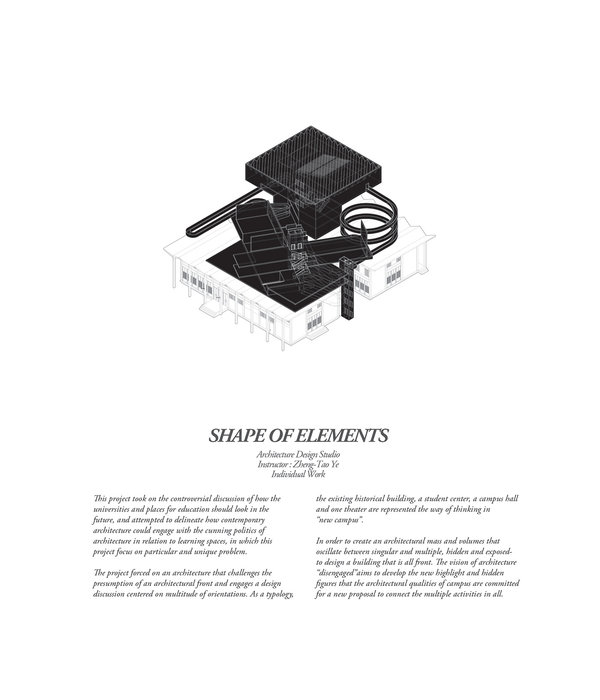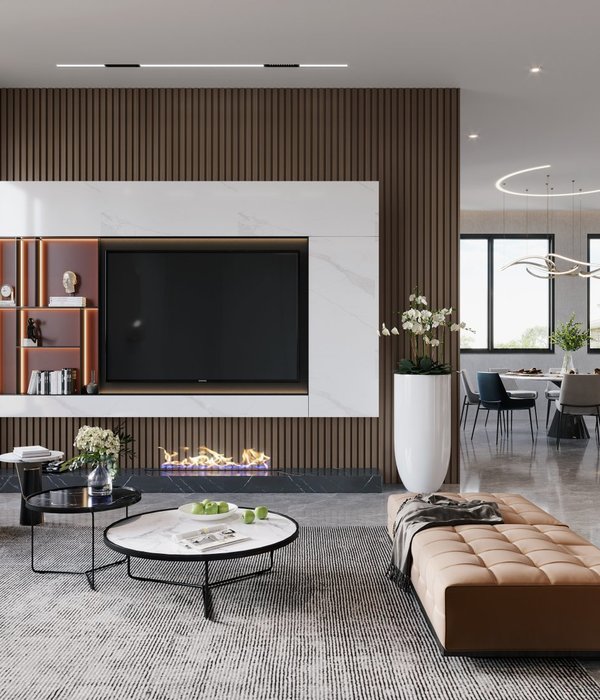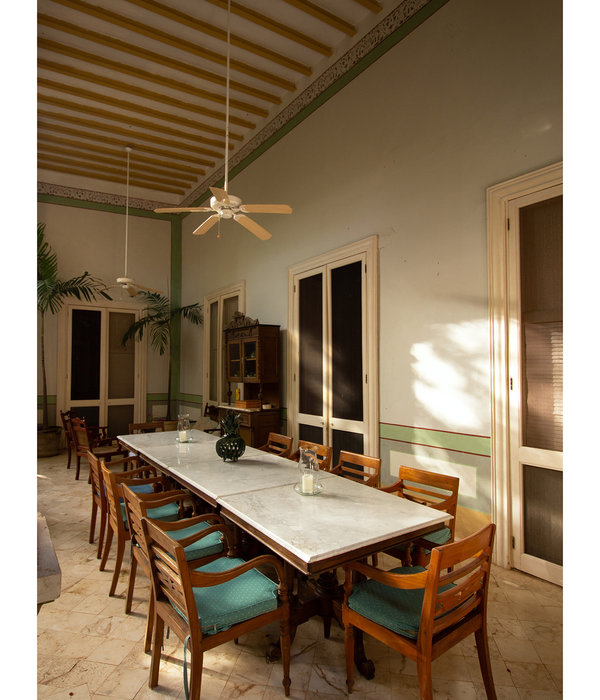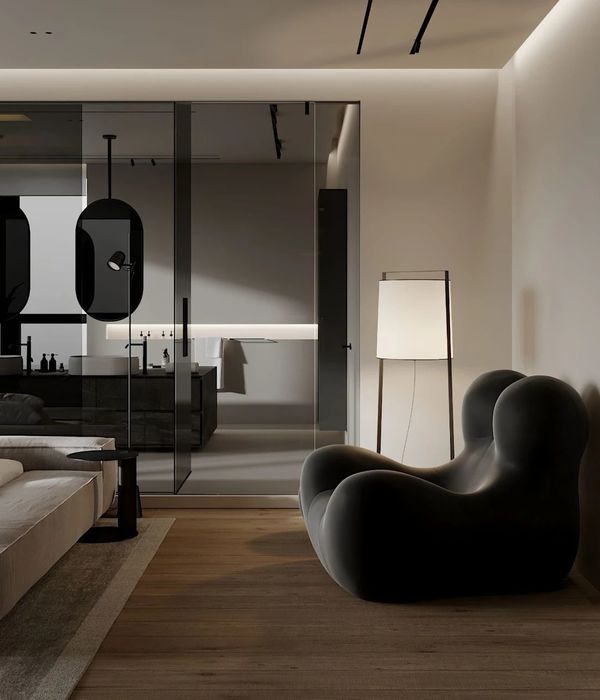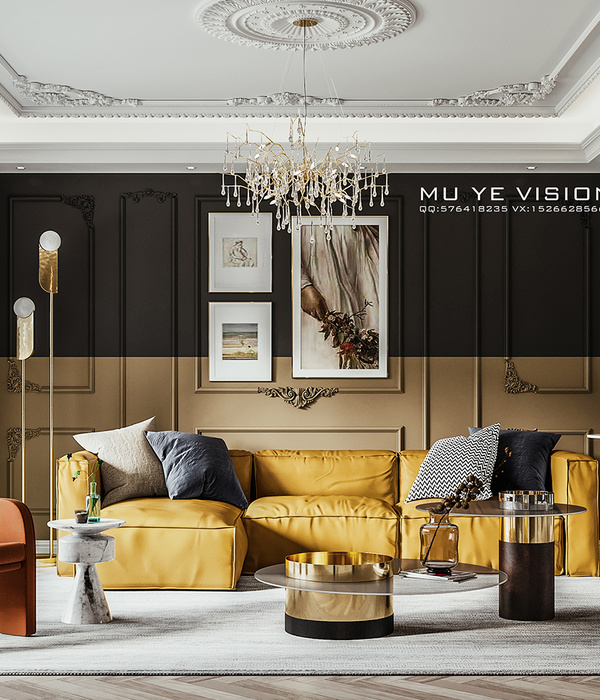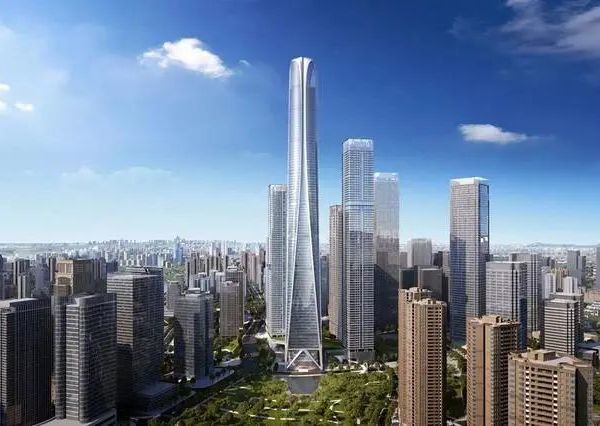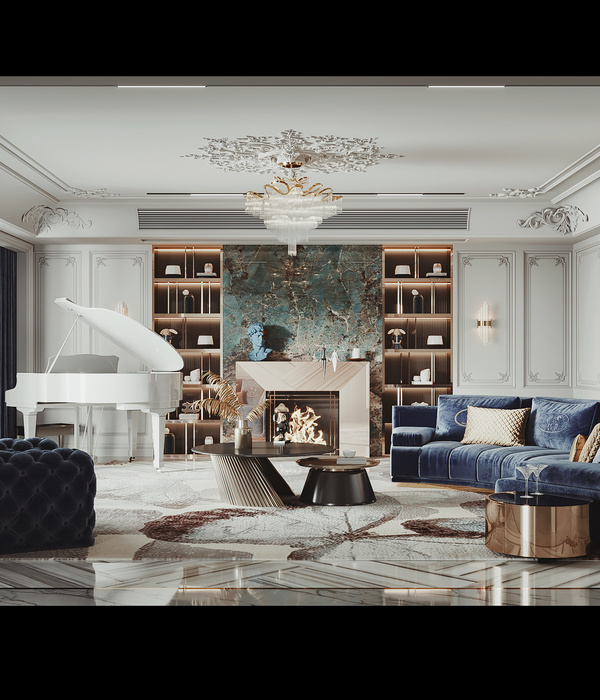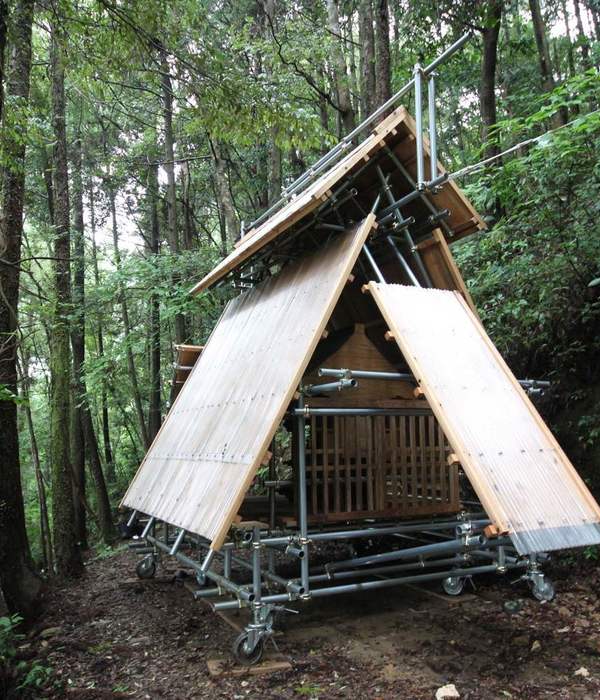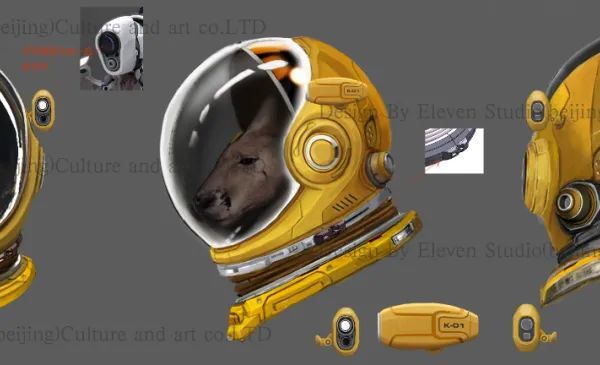▼鸟瞰,Aerial view © 田方方
▼从西侧看南拱,Western view of the south arch © 田方方
非常建筑曾经做过的拱的试验: The arch experiments done by FCJZ:
▼左:玻璃砖拱测试(2011);右:玻璃砖拱(2016) Left: Glass Block Arch Experiment, 2011; Right: Glass Block Arch, 2016 © FCJZ © 田方方
▼左:瓦拱(2010);右:纸拱(2016) Left: Tile Arch, 2010; Right: Paper Arch, 2016 © FCJZ
基地与功能 | Site and Function
正大鸡蛋探索馆位于山东潍坊的正大鸡蛋生产基地中。和周围排列规整的厂房不同,探索馆的功能是通过展示普及有关鸡蛋的科学知识,是一个标志性文化设施,也是参观生产线的前奏。
The CP Group’s egg production base in Weifang City, Shandong Province is where the Egg Exploratorium is located. Unlike the factories that line up regimentally around it, the Egg Exploratorium serves as a showcase for the scientific knowledge about eggs. It is an iconic cultural facility and also a prelude to a tour of the production line.
▼坐落厂房间的正大鸡蛋探索馆,The Egg Exploratorium among the factories © 田方方
空间形式策略 | Spatial form Strategy
我们在考虑了多种可能性之后,选择了拱券作为鸡蛋探索馆的基本空间形式。拱券具有和鸡蛋同源的结构与形式。
After considering a variety of possibilities, arch becomes the basic spatial form of Egg Exploratorium. Arches have the same structure and form as eggs.
▼南立面,South facade © 田方方
▼屋顶视角,Rooftop view © 田方方
我们首先设计出一个拱的原型:该拱平面呈楔形,截面从高窄的一端向低宽的另一端变化,产生高远、积极的空间透视效果。将3个原型拱高低端交替排列便形成探索馆三联厅的整体布局。展厅与厂房有廊道连接。
We first designed a prototype arch with wedge-shaped plane, the cross-section changes from a high narrow end to a low wide end, creating a high and positive spatial perspective. The three prototype arches, high and low alternately arranged to form the overall layout of the three halls of the exhibition hall. The exhibition hall is connected with the factory by a corridor.
▼主拱东南侧,Central arch from southeast © 田方方
▼东入口,Eastern entrance © 田方方
▼入口广场,Entrance square © 田方方
▼与展厅相连的廊道,The corridor connected to the exhibition hall © 田方方
▼从廊道看正大鸡蛋探索馆,View of Egg Exploratorium from the corridor © 田方方
材料与结构 | Material and Structure
鸡蛋探索馆采用胶合木为结构材料。胶合木曾被称为“未来的混凝土”,与钢筋混凝土具有同样的结构强度,与混凝土不同的是,胶合木具有高柔韧性,可以承受一定程度的变形。而且,1立方米的混凝土重约2.7吨,而1立方米的胶合木仅重400千克,且有着同样的承载力,因此,也是胶合木节能减排的建筑材料选择。
Laminated timber was used as the structural material for the Egg Exploratorium. Laminated timber has been called “concrete of the future”, it has the same structural strength as reinforced concrete but with higher flexibility and can withstand a certain degree of deformation. In addition, with the same bearing capacity, 1m³ concrete weighs about 2.7 tons, while 1 m³ laminated timber weighs only 400 kg. Therefore, laminated timber is also a material choice for energy saving and emission reduction buildings.
▼鸡蛋探索馆室内,Interior of Egg Exploratorium © 田方方
▼胶合木拱局部,Close up of the laminated arches © 田方方
▼胶合木具有高柔韧性 © 田方方 Laminated timber has high flexibility
▼从东北方向看主拱局部 © 田方方 Close up of the central arch from northeast
▼傍晚照明效果,Exterior view with lighting © 田方方
▼鸡蛋探索馆西侧,Western view of Egg Exploratorium © 正大集团
▼总图,Site plan © 非常建筑
▼首层平面,1st floor plan © 非常建筑
▼二层平面,2nd floor plan © 非常建筑
▼东立面,East elevation © 非常建筑
▼西立面,West elevation © 非常建筑
▼剖面图AA’,Section AA’ © 非常建筑
▼剖面图BB’,Section BB’ © 非常建筑
业主/Client: 正大集团 / CP Group 地点/Location: 山东潍坊 / Weifang, Shandong, China 主持设计/Principal Architect: 张永和/Yung Ho Chang 项目团队/Project Team: 梁小宁、龙彬、王玉山 / Liang XiaoNing, Long Bin, Wang YuShan 设计合作/Collaboration: 南京工业大学建筑设计研究院 / Architectural Design and Research Institute of Nanjing Tech University 结构/Structure: 胶合木 / Laminated timber 建筑面积/Building Area: 1701m2 基地面积/Site Area: 9200m2 占地面积/Footprint Area: 1276m2 建筑高度/Building Height: 18.675m 设计时间/Design Period: 2021 竣工时间/Completion Time: 2022
{{item.text_origin}}

